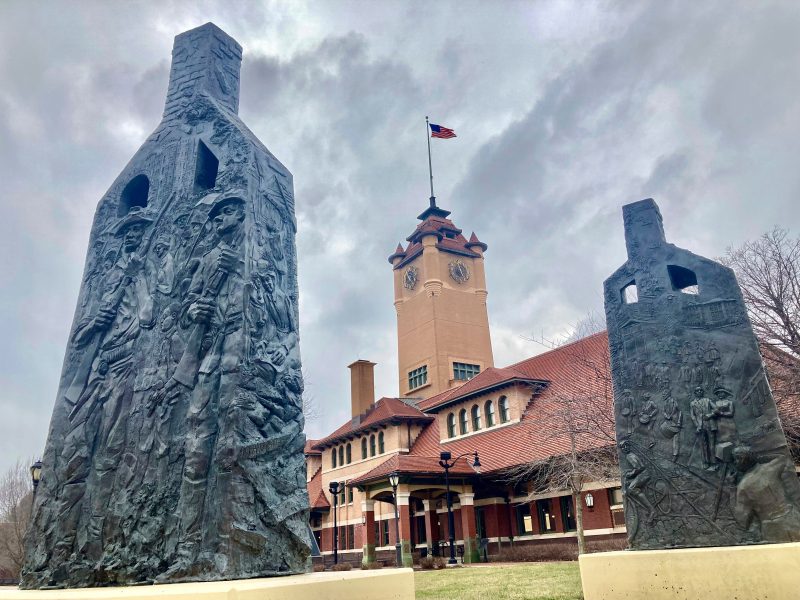In a move that silently screamed volumes about the ongoing racial tensions and social injustices in the United States, the U.S. Congress recently failed to officially recognize the Tulsa Race Riot of 1921 as a massacre. This tragic event in American history occurred in the city of Tulsa, Oklahoma, where a mob of white residents attacked the predominantly African American neighborhood of Greenwood, resulting in the deaths of hundreds and the destruction of homes and businesses.
The lack of recognition by Congress highlights a broader issue of historical omission and erasure when it comes to acknowledging the atrocities committed against marginalized communities in the country. Despite efforts by advocates and historians to bring the truth to light, the government’s failure to officially recognize the Tulsa Race Riot as a massacre not only perpetuates the silencing of Black voices but also reinforces the systemic racism that continues to plague society.
The significance of formally designating the site of the Tulsa Race Riot as a national monument cannot be overstated. By preserving and honoring this dark chapter in American history, the government would send a powerful message of acknowledgement, remembrance, and reconciliation to the descendants of the victims and the broader community. This act of commemoration would serve as a step towards healing the wounds of the past and promoting a more inclusive and just society for future generations.
President Joe Biden has expressed his support for transforming the site of the Tulsa Race Riot into a national monument, signaling a commitment to confronting the legacy of racial violence and oppression in the country. By acknowledging the historical truths of atrocities like the massacre in Greenwood, the government can begin to address the historical injustices that continue to impact communities of color today.
Creating a national monument at the site of the Tulsa Race Riot would not only honor the memory of the victims but also serve as a testament to the resilience and strength of the Black community in the face of adversity. It would stand as a reminder of the importance of confronting uncomfortable truths and learning from the mistakes of the past to build a more just and equitable future for all Americans.
In conclusion, the failure of Congress to officially recognize the Tulsa Race Riot as a massacre underscores the urgent need for the government to address the historical injustices that have long been ignored or swept under the rug. By transforming the site of this tragic event into a national monument, President Biden has the opportunity to demonstrate leadership in promoting racial justice and reconciliation in the United States. It is time to give a voice to the voiceless, honor the memory of the victims, and work towards a more equitable and inclusive society that truly reflects the values of democracy and equality for all.






















